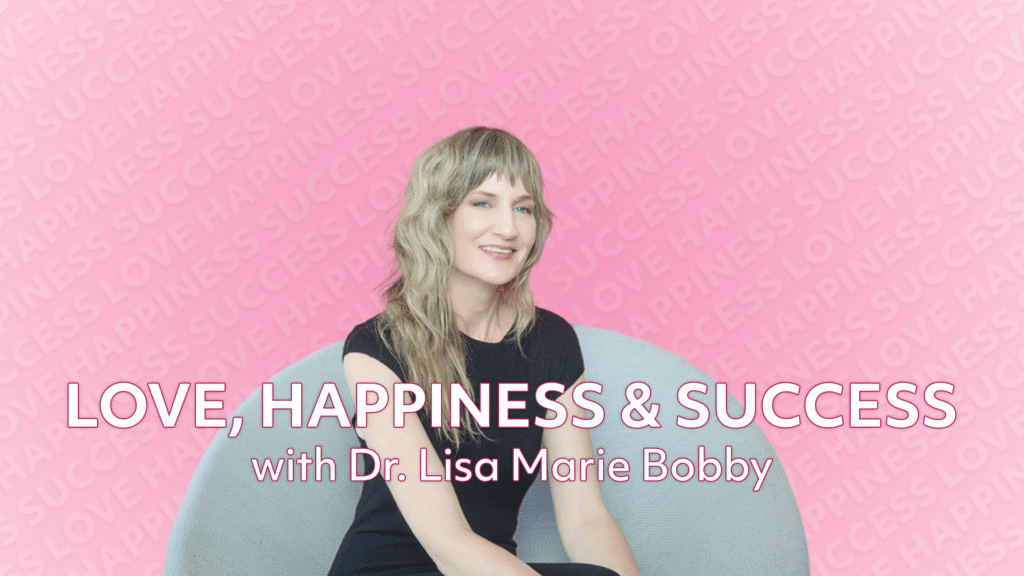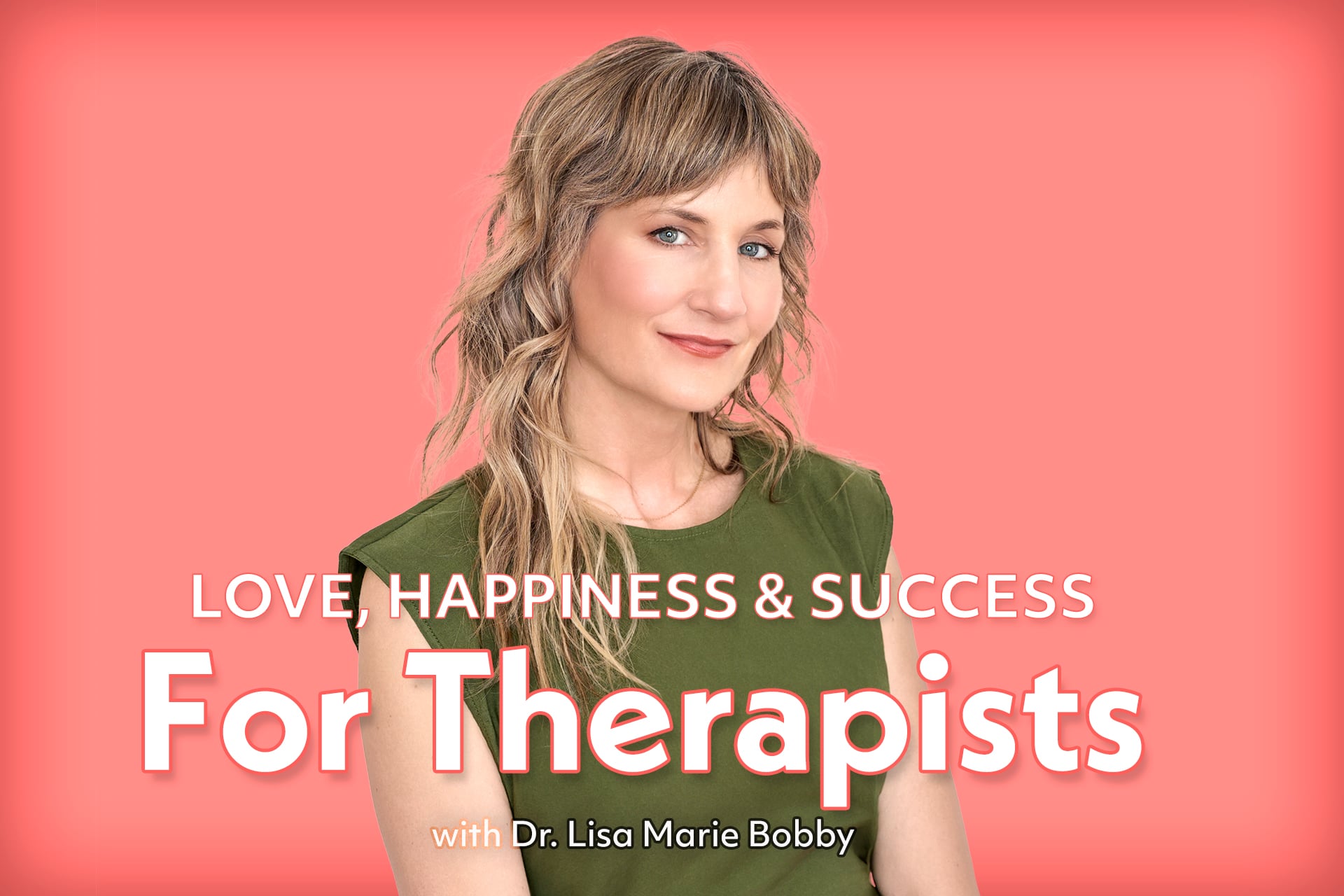Making a career transition can be a daunting task, especially if you’ve spent years building your expertise in a particular field only to discover you don’t like your work.
How can you know what career would actually feel more satisfying? If you know what kind of work you’d like to be doing, where should you even begin making your career transition?
It’s very common for people in their 30s, 40s, or 50s to arrive in career coaching or career counseling with questions like these. When it comes to choosing careers, most of us don’t get a lot of help. We usually enter our chosen fields right after college, before we’ve had enough life experience to know what we’re passionate about, what our values are, and what kind of career would fit into the big-picture goals we have for our lives. Then we wander from job to job, learning through trial and error what feels good for us and what doesn’t.
It’s no wonder, then, that so many people change careers, often a few times. As we experience ourselves in different work environments, we learn more about what we’re good at, what we enjoy, and what kind of work feels genuinely meaningful. It’s only natural that we’d want to use our greater wisdom and self-knowledge to find work that we love.
If you are ready to make a career transition, this article will give you some pointers on where to begin. I’ve also created an episode of the Love, Happiness and Success podcast on this topic. It’s a conversation between myself and my colleague a career counselor, coach, and professional development expert on our team at Growing Self. Her point of view on career change is refreshing and insightful — I hope you’ll tune in!
What Is Your ‘Why’ for Changing Careers?
This is the first question you should ask yourself if you’re thinking about making a big career change. Often, people who come to career counseling aren’t totally clear about their “why” until they do some intentional reflection. They just know that they hate their job and they longing to do something different.
If that sounds like you, ask yourself these questions: What exactly are you unhappy with at your job? What are you wanting to be different? Is it about the work itself, or all the structure surrounding the work?
If you want to get away from a toxic work environment, an unreasonable workload, difficult coworkers, a bad boss, low pay, or other job-specific issues, these are great reasons to leave a job — but they don’t necessarily mean you need to leave your career. If you’re truly unhappy in your current position, that experience is likely tainting how you feel about your profession in general. You may be thinking, “I hate how it feels to be a dentist / trombonist / international spy,” but there are likely some opportunities for you to remain in your field and find a new workplace that is more empowering and in line with your vision for your life.
If, on the other hand, you’ve realized that your career isn’t aligned with your values, your passions, your interests, or your other life goals, like where you want to live, your visions for financial success, or the kind of work-life balance you’re looking for, that’s a sign that it may indeed be time for a career change.
Grow Together
Schedule a Free Consultation Today.
Career Transitions: Embracing Uncertainty
The scariest part of starting a new career is not knowing if you’re making the right choice, especially if you have a family who’s relying on your income, or if you’re thinking about starting a new degree (and possibly taking on tens of thousands of dollars in student debt).
All of the unknowns can make you feel paralyzed. There are ways to test drive a new career, but at some point you will have to make a leap of faith and begin investing time, energy, and possibly money into your new career path… without knowing for certain whether or not it will be any more rewarding than your current career.
You can and should gather all the information available to you before making a big commitment, like going back to school, or taking a job that comes with a significant pay cut. Spending some time with a career coach can also help you develop a clear vision for your desired career and the best path to creating it. All of this will help you feel more confident in your choice, but it won’t give you a crystal ball that reveals your career future.
Eventually, you will have to make a decision, despite not being 100% certain what the outcome will be. The key to getting unstuck and beginning to move forward is trusting yourself to figure it out as you go and continue making adjustments until you’ve built a career you love.
Creating a Skills-Based Resume for Career Changes
People often want to know if there’s a way to start a new career, without starting over at the bottom of the career ladder. The answer is, sometimes.
There are some careers that have established pathways that aren’t going to bend. You’re not going to transition from working as an accountant to working as a neurosurgeon without applying to medical school and working your way up from there. But for many careers, there are overlapping skill sets that can serve as entry points for people coming from different fields. Writing a skills-based resume that emphasizes what you know how to do, instead of the job titles you’ve held, will help you show how your past experiences are relevant to the new career you want to pursue.
For example, someone who works in marketing might have skills like analyzing data, producing short videos, and conducting research. If they were interested in becoming a UX researcher, they could rewrite their resume to emphasize their research and data analysis skills. If they wanted to transition to a career in media, they could emphasize their video production skills and put together a highlight reel of their best shorts. They could work with an interview coach to reframe their career story and demonstrate how their past experiences have prepared them for their next chapter.
Not having a “traditional” background for a job can feel like a barrier to entry, but it can actually be an asset. Many employers appreciate candidates who bring diverse skill sets and fresh ideas from adjacent fields.
Finding ways to do work on a part-time or freelance basis before jumping into a new career is also an option. This will not only give you relevant experience that can help you on your job search, it will also help you learn more about the career you’re interested in so you can make informed decisions.
Effective Support for Career Transitions
Starting a new career is exciting, but it’s also very common to feel stress and anxiety about this enormous life change. Many people at a career crossroads feel some regret about past choices, and sometimes even depression and hopelessness about the future.
There are career development professionals who have experience helping people like you manage the anxiety of change, navigate transitions with skill, and build careers they love. If you’d like to meet with a career counselor or coach on our team, I invite you to schedule a free consultation.
With love,
Dr. Lisa Marie Bobby
P.S. — For more advice on changing careers with confidence, check out our “Career Clarity” collection of articles and podcasts.
Listen & Subscribe to the Podcast
How to Make a Career Transition at Any Age
The Love, Happiness & Success Podcast with Dr. Lisa Marie Bobby
Free, Expert Advice — For You.
Subscribe To The Love, Happiness, and Success Podcast
Music in this episode is by Kelley Stoltz with their song “My Wildest Dream.” You can support them and their work by visiting their Bandcamp page here: https://kelley.bandcamp.com/. Under the circumstance of use of music, each portion of used music within this current episode fits under Section 107 of the Copyright Act, i.e., Fair Use. Please refer to copyright.gov if further questions are prompted.
What Should I Do With My Life?
Figuring out what to do with your life can feel overwhelming, especially when you have lots of options. Here’s how to get clarity and direction…
Why “Holistic” Career Coaching?
“Holistic career counseling” takes all of your life goals into consideration when crafting your career path. Why this matters…
Professional Development
Choosing a career and getting a job is only the beginning. Professional development helps you continue to grow and thrive. Learn more…
What is Emotional Intelligence?
Emotional intelligence can make or break a career (not to mention a marriage). Read “what is emotional intelligence” to learn why EI is so important on the job, and off — and how to develop it in yourself.
What is a Career Path?
Career pathing refers to the process of mapping out your professional trajectory, step by step, and into the future. Here’s how to make “career path planning” work for you…
Leadership Development
Moving into a leadership role often requires an entirely different skill set than the one that led to your original success. Want to grow into a great leader? Learn about leadership coaching.
Choosing a Career
Deciding on a career is a major life decision that requires deep insight into yourself, in order to create a satisfying career in alignment with your passion and your values. Learn how to choose a career…
What is a Career Coach?
What does a career coach do? What to expect in career coaching? What are the different types of career coaches? All is revealed in, “What is a career coach?”
How to Find a Career Coach
Not all career coaches are the same in terms of their training, expertise, or capacity to help you in specific situations. Here’s what you need to know about finding the right career coach for you…
How Much Does a Career Coach Cost?
Great career counseling is priceless, but the cost of a career coach can range from free, to thousands, depending on your goals and the type of coach you choose. Learn about career coaching costs, right here.
Does Insurance Cover Coaching
Does insurance cover coaching? Is there such a thing as “coaching insurance?” Here’s what you need to know about health insurance and coaching…
Gift Career Coaching
You can support a loved one through their career exploration and professional growth work by gifting them career coaching with an expert career counselor. How to gift career coaching…
Career Coaching Services
We offer many career coaching services to support your career development including Denver career coaching, online career counseling, leadership coaching, emotional intelligence coaching, and more.
Resume Writing Services
While our specialty is in-depth career counseling for personal growth and professional development, we also offer resume writing services and interview coaching. Learn more…
Solution Sessions
If you’re looking for quick career advice about a specific situation, consider a one-time solution focused coaching session to get clarity and direction. Learn about “solution sessions.”
The Success Collection
Our career counselors are here for you. Browse The Success Collection for their best career advice in our blog and podcasts.
More Questions? Let’s Talk.
We’re available by phone, email, text and chat, and happy to answer any of your questions personally. Get in touch, anytime.
Start Career Coaching
Ready to begin career coaching with Growing Self? Schedule a free coaching consultation with the coach of your choice. Start here.





